Denver-area homeless advocacy groups are speaking out against a new executive order signed by President Trump that encourages the use of involuntary civil commitment for people experiencing homelessness.
Why it matters:
The order calls on local governments to place individuals with serious mental illness into long-term treatment facilities—without their consent—sparking major concerns about civil liberties and human rights.
What’s happening:
Signed Thursday, the order directs officials to explore using federal resources to prevent individuals with severe mental health conditions from being released due to a lack of available beds. The Trump administration claims the move is aimed at “restoring public order.”
Critics push back:
The Colorado Coalition for the Homeless condemned the order as “harmful,” arguing it unjustly targets unhoused individuals rather than addressing the root causes of homelessness.
“The disorder in our nation is that we do not have homes affordable and accessible to everyone in our communities nor adequate healthcare for all,” said Britta Fisher, the coalition’s president and CEO.
The group also criticized the directive to collect and share health data with law enforcement, calling it a serious violation of privacy.
The Metro Denver Homeless Initiative released a statement Friday saying it is reviewing the order’s potential impact on both service providers and the unhoused population.
The Colorado Cross-Disability Coalition also voiced strong opposition, stating the order “stokes division and creates hate and fear towards people without housing.”
State laws and concerns:
Colorado law does allow for involuntary civil commitments, but only in specific situations, such as when a person poses an immediate threat to themselves or others. However, homeless advocates say it’s rarely used in the metro Denver area for unhoused individuals.
Alexis Whitham, a spokesperson for the Colorado Coalition for the Homeless, confirmed that involuntary holds are not common practice for the homeless population in the region.
Broader implications:
Involuntary civil commitment has historically impacted vulnerable populations—especially LGBTQ+ individuals, people of color, and those with disabilities—raising concerns about discriminatory enforcement and long-term trauma.
What’s next:
The Colorado Behavioral Health Administration, which oversees involuntary holds in the state, is currently evaluating how Trump’s order will apply in Colorado. A spokesperson for the agency said more guidance will be released after a thorough review.
This article has been carefully fact-checked by our editorial team to ensure accuracy and eliminate any misleading information. We are committed to maintaining the highest standards of integrity in our content.

Katie is a senior who has been on staff for three years. Her favorite type of stories to write is reviews and features. Katie’s favorite ice cream flavor is strawberry.

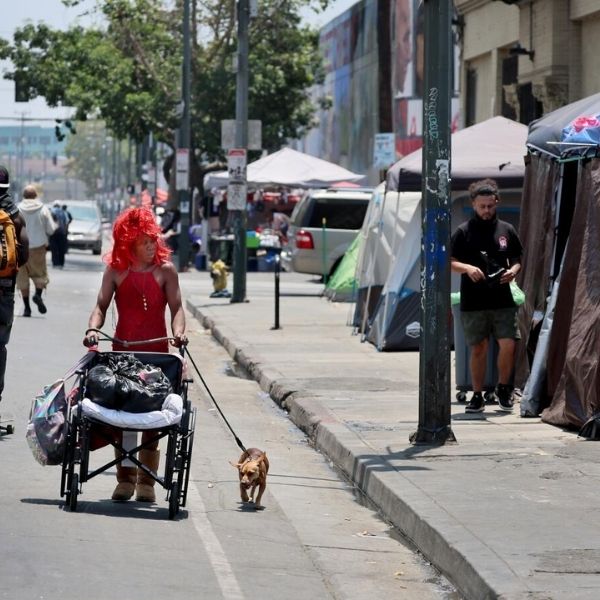



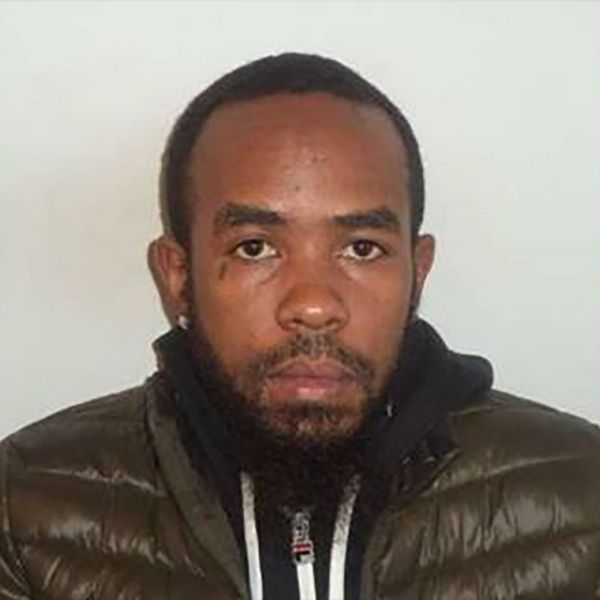

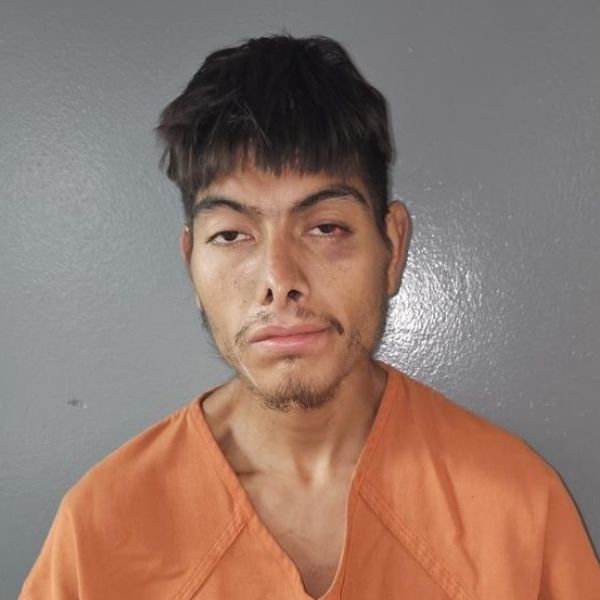
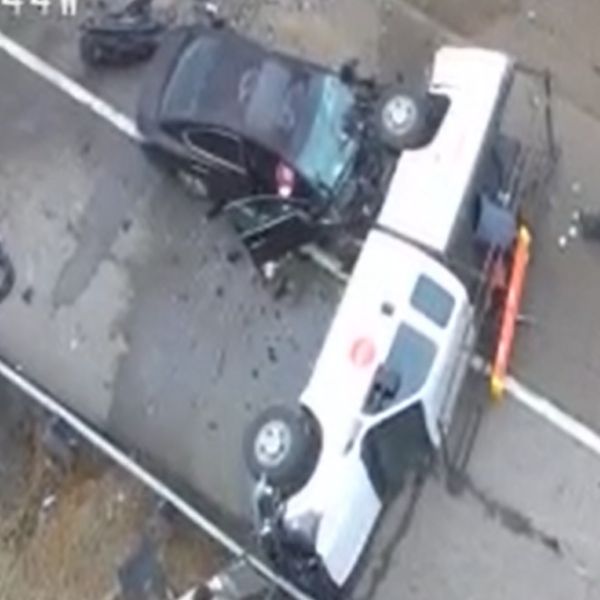
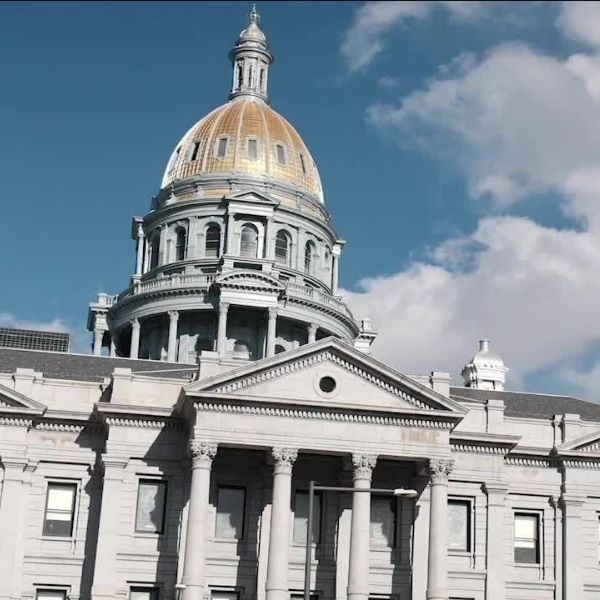
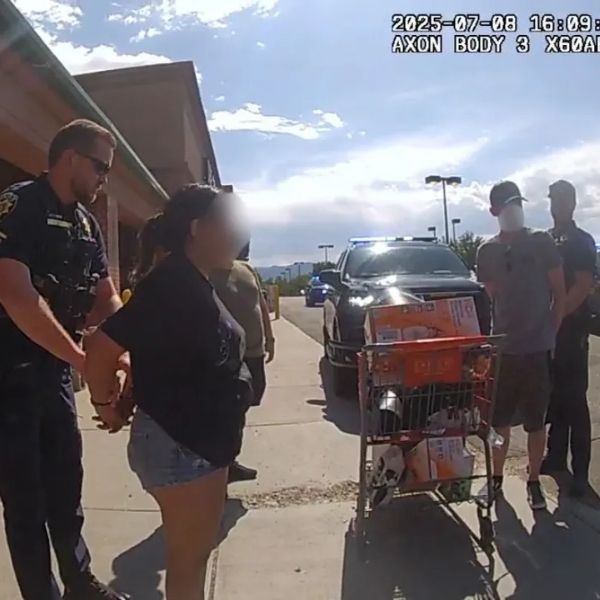
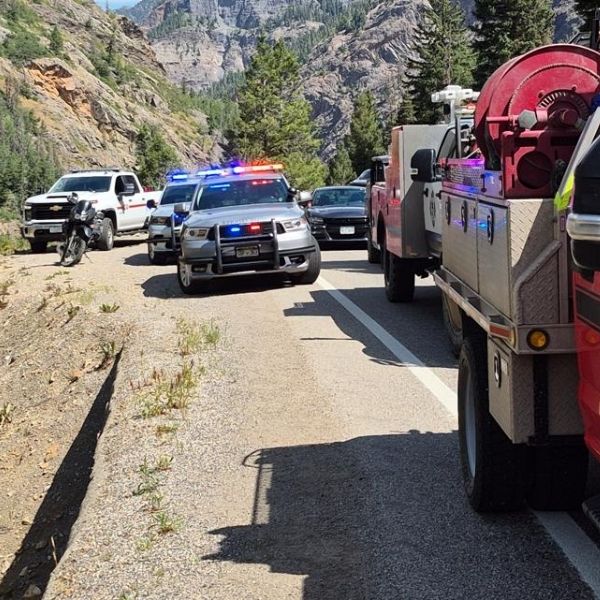



Leave a Reply